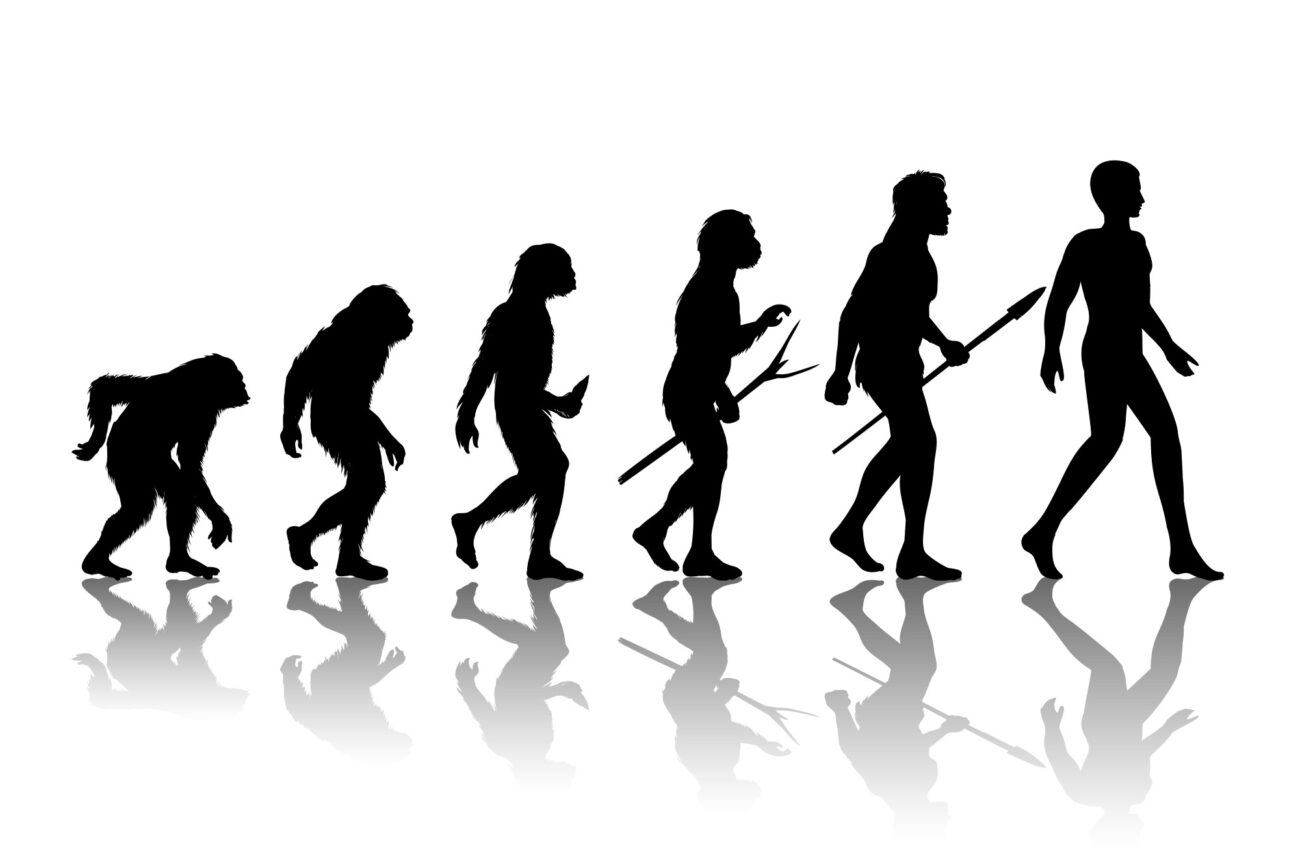Original settlers of Caribbean islands uncovered by researchers
Artifacts found in Belize, Cuba
In a study recently published by research journal site, Nature, the original settlers of the Caribbean can be traced to two distinct groups to which were thousands of years apart. This suggests that the highly mobile people settled in the group of islands, also had cases of distant relatives living on different islands.
Riding boats to Cuba about 6,000 years ago, the islands’ first inhabitants were a group of stone tool-users that eventually ventured eastward to other islands during the region’s Archaic Age, the researchers reported.
However, the roots of the settlers remain ambiguous, as their genes do not match to any indigenous group.
Co-author of the study, William Keegan, suggests in a press release that some artifacts found in Belize and Cuba is of Central American origin.
About 2,500-3,000 years ago, farmers and potters connected to the Arawak-speakers of northeast South America found a second pathway to the Caribbean from present-day Venezuela – right after the first wave. This group first settled in Puerto Rico before moving westward to usher in the region’s Ceramic Age.
According to the researchers, majority of present-day Cubans, Dominicans and Puerto Ricans are the descendants of Ceramic Age societies. There are also those who are descendants of European immigrants and enslaved Africans with little evidence of Archaic Age ancestry.
Keegan, who is also a curator at the Florida Museum of Natural History, says that the discovery completely moves the world’s understanding of the Caribbean forward.
“One of the most significant outcomes of this study is that it demonstrates just how important culture is in understanding human societies,” Keegan said.
“Genes may be discrete, measurable units, but the human genome is culturally created,” he said.
Described as the largest study of ancient human DNA in the Americas to date, Harvard Medical School’s David Reich and his team developed a new genetic procedure to estimate past population sizes.
The initial estimate of over a million by Columbus and other colonizers was debunked after researchers analyzed the genomes of 263 individuals discovering that it was likely to be in around the ten thousands.
The findings are based on a comparative analysis of DNA extracted from over 170 Caribbean and Venezuelan inhabitants between 400 and 3,100 years ago to which was compared to genetic data from 89 previously processed individuals.



